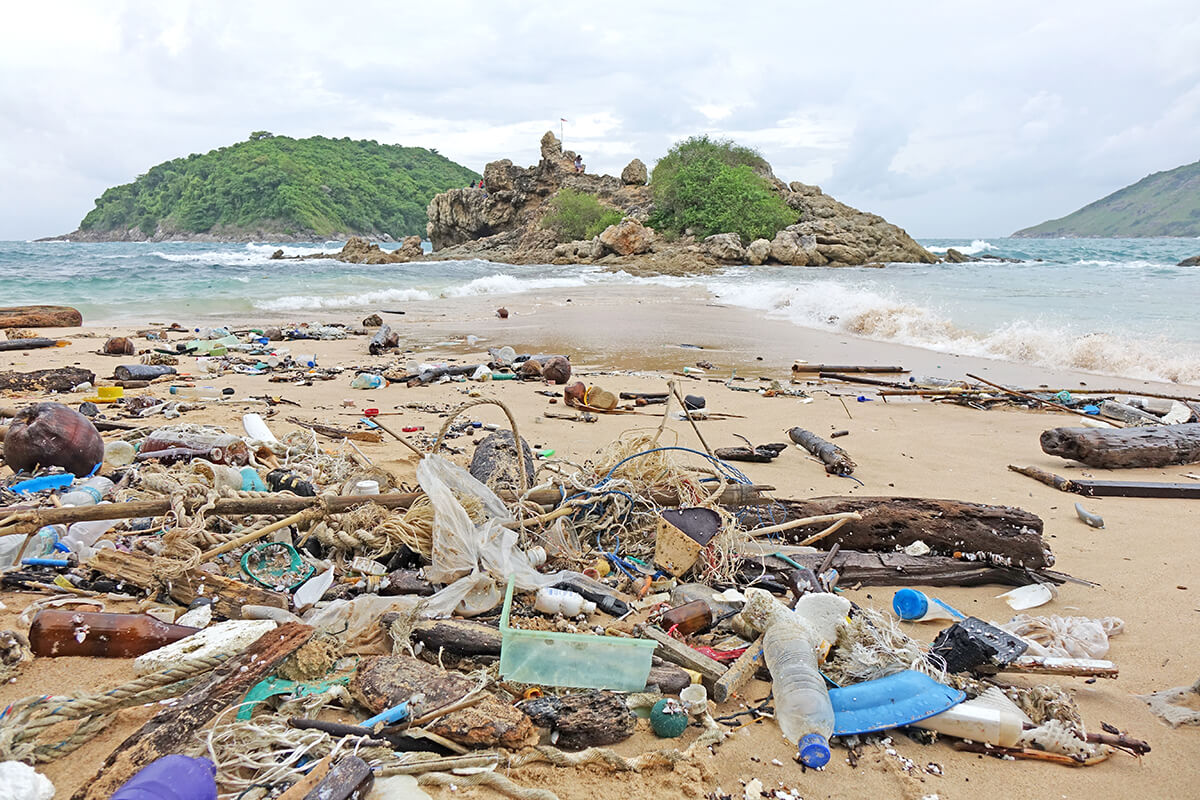How to Avoid Overpacking with 10 Tips
22 Apr
Please wait...
31 Mar

Protecting marine life in the Caribbean seas and the oceans surrounding us is a job for everyone on Earth. The health of the oceans around us is linked directly to the health of our planet and all life that lives on Earth.
According to the 2019 report led by the World Bank on Marine Pollution in the Caribbean: Not a Minute to Waste, 80% of marine pollution in the Caribbean Sea results from “direct or indirect discharge of solids and liquids from land-based sources such as rivers, outfalls, waterways, agricultural runoff, and infrastructure.” This means that over three-quarters of the contamination that the Caribbean Sea has endured is due to the human population.
So how do we fix this and protect marine life in the Caribbean seas?
Sustainable Development Goals
Although the Caribbean sea is relatively small, it holds a lot of responsibility for the health of the territory around it. The sea creates jobs for fisheries, brings in tourism which is 20% of the islands' income, and provides food for the islands and surrounding countries.
With the support of The Nature Conservancy, Barbados is pursuing the development of a marine spatial plan, also known as MSP. So far, the goal is the agreement to establish conservation zones.
Although the specific percentages still need to be worked out, the aspiration goal of 30% of the EEZ has already been codified into the plan, according to Kirk Humphrey, who leads the Barbados Ministry of Maritime Affairs and the Blue Economy.
United Nations Environment
Due to the increasing amount of coastal development, access to nutrients, untreated wastewater, marine litter, and pollution or threats, the EPA helped shape the US government's positions on working out issues with international marine pollution.
One of the EPA's jobs is to reduce marine pollution in all the ways they can. The EPA is working with governments in the Caribbean and Latin America. They plan to help develop a national action plan for the litter found in the Caribbean Sea.
They also work with the state department and National Oceanic and atmospheric administration (NOAA) to achieve obligations under the Cartagena Convention. They focus on reducing the sources of pollution that come from the land, and they also work to protect biodiversity through protected wildlife areas and particular protocols.
CITED: www.unep.org, www.pewtrusts.org, www.epa.gov